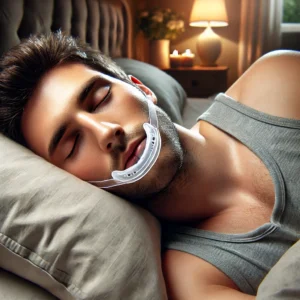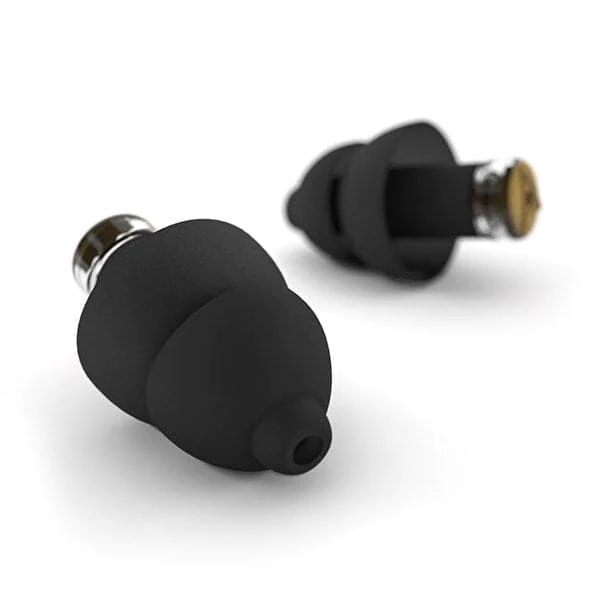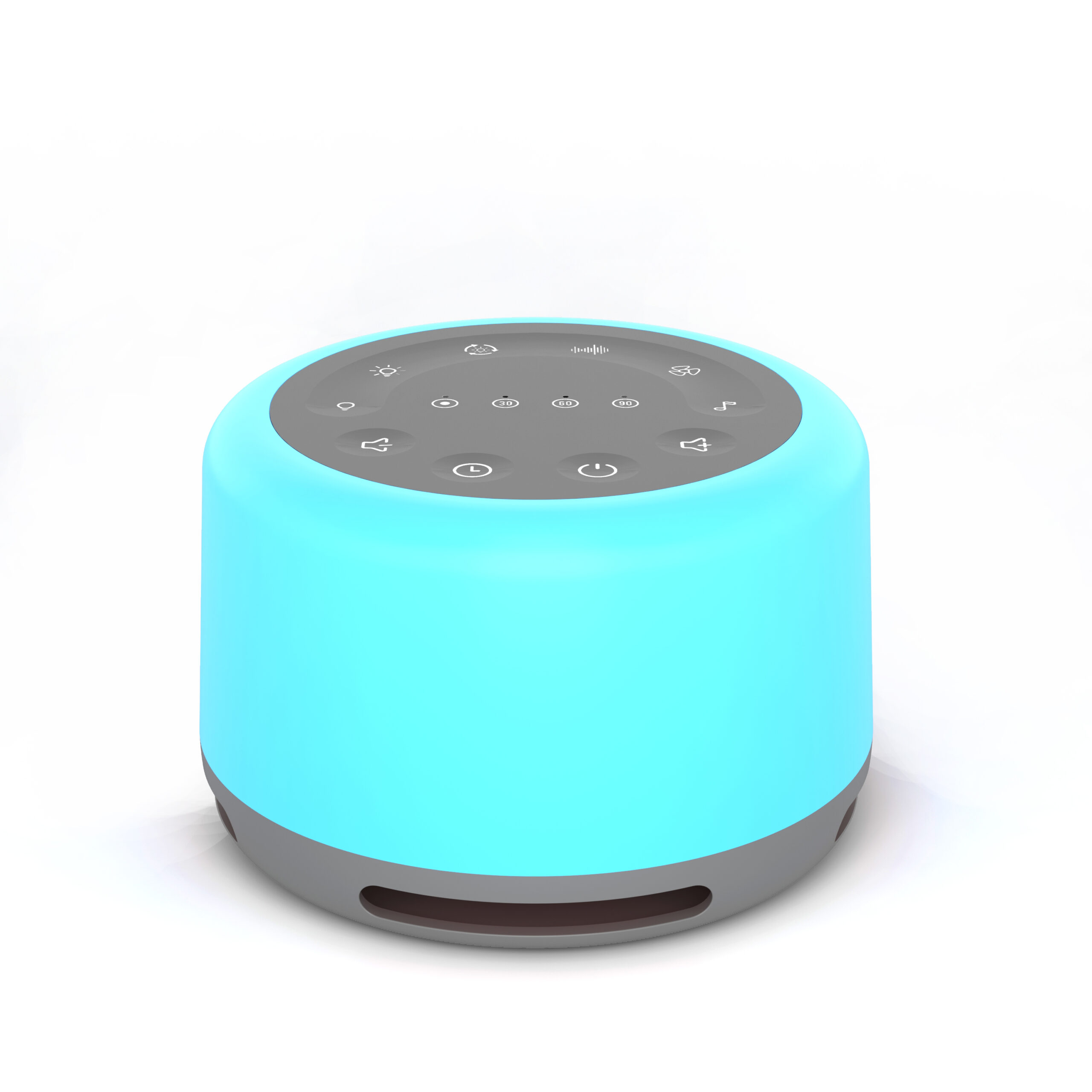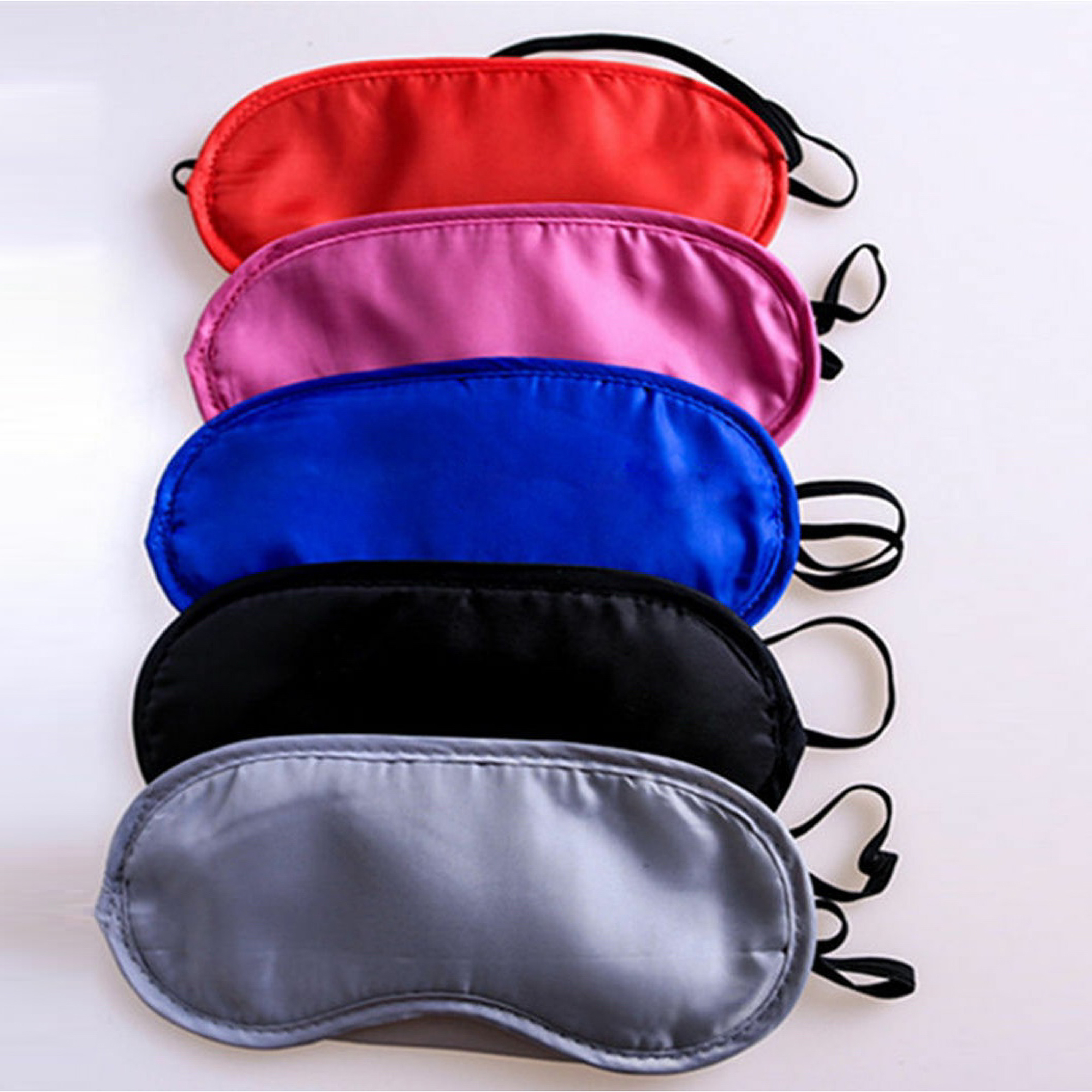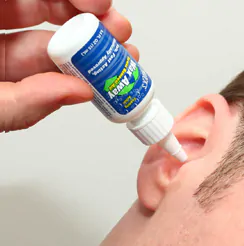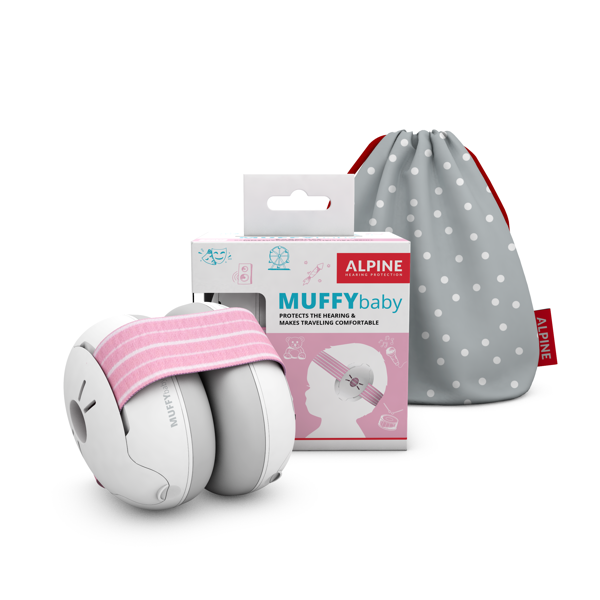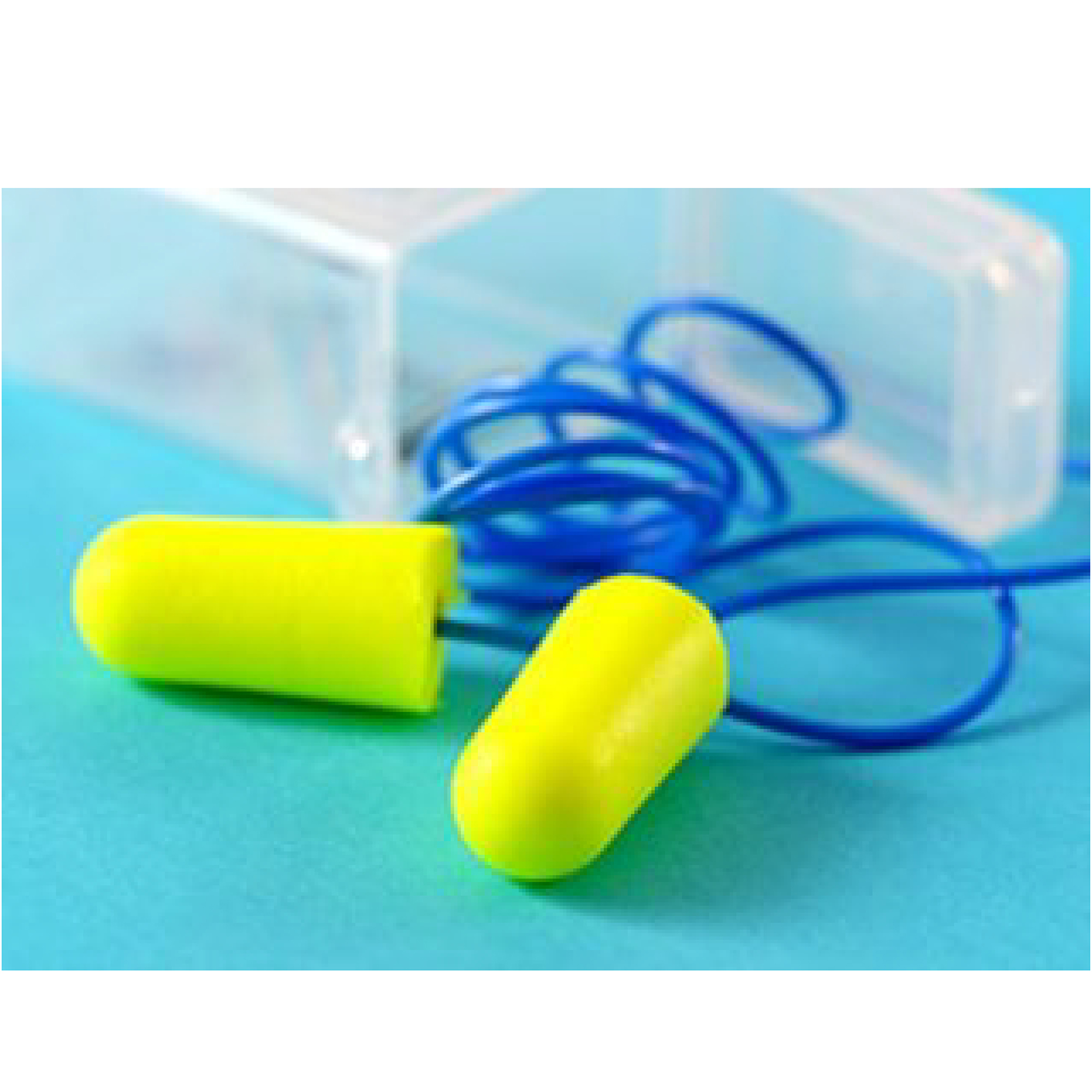Blog
Sleep Easy: Hacks to Prevent Snoring Revealed
- TAM SPARKES
Table of Contents
Ah, the sweet sound of slumber—until someone starts sawing logs right beside you. Snoring is the nighttime cacophony that disrupts our tranquility and tests our relationships. If you’re the culprit or you share your nights with one, fret not! We’ve got the lowdown on snoring and some nifty hacks to help you snooze in peace.
The Snoring Symphony: What Causes It?
Before delving into remedies, let’s grasp the nature of the beast. Snoring primarily arises from the vibration of tissues in the throat when airflow becomes partially obstructed during sleep. Factors such as sleep position, lifestyle, and underlying health issues can amplify the volume of your nocturnal symphony.
Let’s take a closer look at the factors and causes contributing to the snoring symphony:

Sleep Position
-
- Back Sleeping: Many snorers are loudest when they sleep on their backs. In this position, the tongue and soft palate are more likely to collapse to the back of the throat, causing a partial obstruction.
-
- Tongue and Soft Palate: For some, snoring is related to the anatomy of the mouth. An elongated or thick soft palate can narrow the airway, as can large tonsils and adenoids.
-
- Nasal Congestion: Nasal congestion, caused by issues like a cold, allergies, or other respiratory problems, can partially obstruct the airways, contributing to snoring. That’s why you may have observed an increase in snoring for yourself or your partner when dealing with a stuffy nose.
-
- Obesity: Carrying excess weight, particularly around the neck, can compress the throat and contribute to snoring.
-
- Alcohol and Sedatives: Relaxants like alcohol and sedatives can relax your throat muscles, leading to increased snoring.
-
- Aging: As we age, our throat narrows, and the muscle tone in the throat decreases. These natural processes can lead to snoring.

Health Issues
-
- Obstructive Sleep Apnea (OSA): This is a severe form of sleep-disordered breathing. OSA occurs when the muscles at the back of your throat relax excessively and your airway partially or completely closes during sleep. While OSA often leads to loud snoring, it can also lead to pauses in breathing, making it a significant health concern.
-
- Smoking: Smokers are more likely to snore since smoking irritates and inflames the throat’s sensitive tissues.
-
- Alcohol and Medications: As mentioned earlier, alcohol and certain medications relax the muscles, increasing the risk of snoring.

Lifestyle Factors
-
- Sleep Deprivation: Not getting enough sleep can relax throat muscles, leading to snoring.
-
- Irregular Sleep Patterns: Inconsistent sleep schedules can also contribute to snoring. Your body’s internal clock, or circadian rhythm, thrives on consistency.
-
- Sleep Position and Pillow Choice: Sometimes, simply changing your sleep position can alleviate snoring. Elevating your head with a specially designed anti-snoring pillow can help keep your airways open.

Dietary Factors
Dairy Products: For some people, consuming dairy products, especially before bedtime, can create mucus in the throat, contributing to snoring.
Eating Heavily Before Bed: A large, heavy meal right before bedtime can press on the diaphragm and create airflow disruption.
Now that we understand some of the causes of the snoring symphony, we can explore ways to mute it and regain restful sleep.

Hacks to Silence the Snore
Now, the million-dollar question: “What can I do to stop snoring?” Here are some handy hacks and products that can help you (and your partner) enjoy quieter nights.
While a full orchestra of snoring causes might be playing during your nightly rest, the good news is that there’s a conductor who can bring it all to a peaceful hush. Here are some strategies and solutions to consider:

Lifestyle and Sleep Hygiene
-
- Sleep Position: If you’re a back sleeper and you snore, try switching to sleeping on your side. Special pillows or positional devices can help keep you in this position throughout the night.
-
- Weight Management: If excess weight is a contributing factor, losing even a small amount can lead to significant snoring reduction.
-
- Regular Sleep Patterns: Aim to establish and stick to a consistent sleep schedule. Going to bed and waking up at the same time every day helps regulate your body’s internal clock.
-
- Sleep Environment: Ensure your bedroom is conducive to restful sleep. Keep it dark, quiet, and at a comfortable temperature.

Dietary Choices
-
- Limit Alcohol and Sedatives: Avoid alcohol, sleeping pills, and sedatives, especially in the evening.
-
- Late-Night Meals: Avoid heavy meals and caffeine close to bedtime.
-
- Hydration: Stay well-hydrated, but avoid excessive liquids in the hours leading up to bedtime.

Positional Therapy
-
- Anti-Snoring Pillow: Consider using a specially designed anti-snoring pillow that encourages side sleeping and keeps your airways open.

Snoring Aids from Sleep and Sound
-
- Clipair Nasal Breathing Device: Clipair helps improve airflow through your nostrils, making it easier to breathe through your nose. This can alleviate snoring caused by mouth breathing.
Imagine a tiny, lightweight device that can significantly reduce snoring. That’s what the ClipAir Nasal Breathing Device offers. It gently dilates your nostrils, promoting better airflow and reducing snoring intensity. It’s comfortable, easy to use, and can be a game-changer for snorers.
Benefits:
Easy to wear and non-intrusive.
Designed for comfort, even for side sleepers.
Reduces snoring intensity for a peaceful night.
-
- Oscimed Anti Snoring Belt: The Oscimed Anti Snoring Belt promotes side-sleeping by providing gentle vibrations when you attempt to roll onto your back. This can discourage back sleeping, a common position associated with snoring.
The Oscimed Anti-Snoring Belt is a smart and simple solution for snorers. This belt positions your body to encourage side sleeping, which can significantly reduce snoring. It’s like having a gentle nudge to stay off your back and snore less.
Benefits:
encourages side sleeping, a snoring antidote.
comfortable and adjustable for various body types.
promotes better sleep for both partners.
-
- Somnofit Anti-Snoring Device: The Somnofit is a custom-fitted oral device that gently repositions your lower jaw, preventing airway obstruction. It’s highly effective for snorers with mild to
Snoring or sleep apnea?
If you’re wondering whether your snoring is just a pesky night time habit or something more serious, it’s essential to differentiate between plain snoring and sleep apnea. Sleep apnea involves repeated, brief interruptions in breathing during sleep. If you suspect sleep apnea, consult a healthcare professional for proper evaluation and treatment.

Sleep Aids for Partners: Earplugs & White Noise Machines
Let’s not forget the heroes on the other side of the bed—partners of snorers. Earplugs and white noise machines are their allies in the battle against sleep disruption.

Earplugs for Snoring
High-quality earplugs, like Alpine’s range, are designed to block unwanted noise effectively. They’re comfortable, easy to wear, and come in various options, including those specifically designed for snoring reduction. Alpine Sleep Deep reusable earplugs are our number-one seller to combat noise. Our Macks Dreamgirl soft foam earplugs are also.

White Noise Machines
These devices produce a consistent, soothing background noise that can help mask the snoring sounds. They create a sleep-conducive environment for everyone involved.
Benefits
Earplugs provide a noise-free haven for partners.
White noise machines offer a peaceful sleep environment.
Both solutions help partners sleep better.

Ditch the Snoring Strips
You might have heard of snoring strips that claim to reduce snoring. While they may work for some, they’re not universally recommended. Snoring strips primarily target nasal congestion as the cause of snoring. However, snoring often originates from the throat, making these strips less effective.

Exercises to Stop Snoring Naturally
Yes, you can exercise your way to quieter nights! Specific throat and tongue exercises can strengthen these muscles, reducing the likelihood of snoring. Try singing out loud (yes, in the shower) or doing daily mouth and tongue exercises.
Benefits:
Natural and non-invasive.
Strengthens the throat and tongue muscles.
May reduce or eliminate snoring.

Can You Snore with Your Mouth Closed?
Absolutely! Snoring isn’t limited to just mouth-breathers. Even with your mouth closed, air can still make its way to the vibrating throat tissues, causing the dreaded snore.
Benefits:
understanding the nuances of snoring.
Strategies to tackle both mouth and nasal snoring.

Does snoring mean sleep apnea?
Not necessarily. While loud snoring can be a symptom of sleep apnea, not all snorers have this condition. Sleep apnea involves repeated pauses in breathing during sleep, which can be a severe health concern. If you suspect sleep apnea, consult a healthcare professional.
Benefits:
clarifying the distinction between snoring and sleep apnea.
encouraging appropriate medical attention when needed.

Summary
Snoring can be a nuisance, but it’s a solvable one. Whether you’re the snorer or the partner on the receiving end, there are plenty of hacks and products to help you enjoy more peaceful nights. From nasal breathing devices to anti-snoring belts and trusty earplugs, there’s a solution for everyone.
Remember, it’s not just about silencing the snore; it’s about ensuring restful, rejuvenating sleep for all. So, embark on your snore-fighting journey and embrace the blissful silence of the night.
If you’re looking for top-notch snoring aids and sleep solutions, don’t forget to check out Sleep and Sound’s extensive range. Our products are designed to ensure a peaceful night’s sleep for all.









































